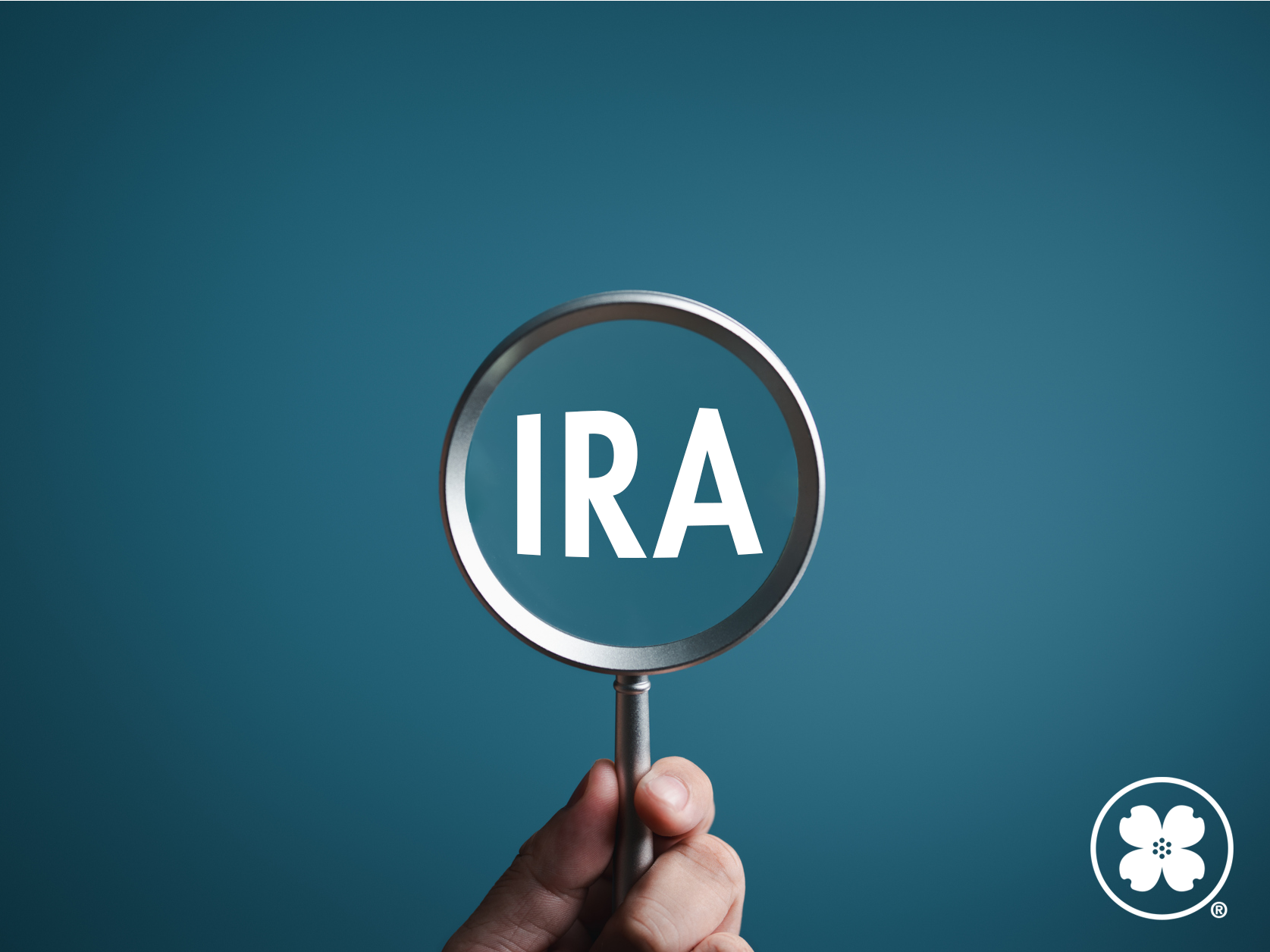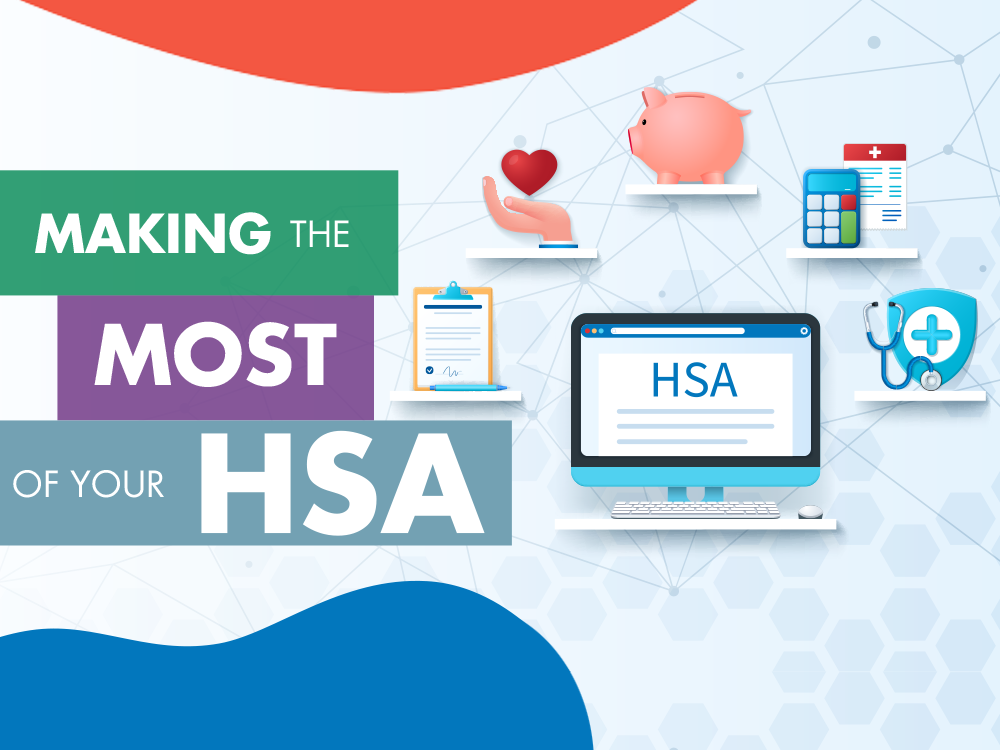Learn the key differences between IRAs and 401(k)s, including tax benefits, contribution limits, and withdrawal rules to help you choose the right retirement plan for your financial goals.

Are you considering rolling over your 401(k) or other retirement funds to an IRA? Or transferring money from one IRA to another? It’s crucial to be aware of the IRS rules and deadlines to avoid potential tax issues and penalties.
Understanding the 60-Day Rule
If you receive a distribution from your company plan, you have 60 days to roll it over to an IRA. Missing this deadline means the distribution becomes taxable, and if you’re under the age of 59½, you’ll receive a 10% early withdrawal penalty. The same 60-day rule applies when moving money from one IRA to another.
Exceptions to the Rule
In 2002, Congress instructed the IRS to create exceptions to the 60-day rule to prevent undue tax consequences. These exceptions cover situations such as:
- Errors made by financial institutions
- Inability to complete the rollover due to death, disability, postal errors, and similar events
For instance, the IRS has waived the 60-day requirement in cases where individuals mistakenly deposited distribution checks into savings accounts, believing they were insurance death benefits. Similarly, relief has been granted when a rollover failed due to using the wrong form, allowing for a “late” contribution without tax or penalty.
Recent IRS Stance
However, the IRS has become stricter in recent years. They have denied waivers for individuals who:
- Did not receive guidance on taxes, withholding, or rollover options from the distributing institution
- Mistakenly believed all taxes had been paid on distributions and sought to roll over the funds after the 60-day period had expired
Avoiding the 60-Day Rule
To completely avoid the 60-day rule, arrange for a direct or trustee-to-trustee transfer. This method moves funds directly from your company plan to an IRA (or from one IRA to another) without you handling the distribution.
Additional Benefits of Direct Transfers
For company plans, direct transfers to an IRA also avoid the mandatory 20% withholding tax on distributions. This withholding does not apply when funds are transferred directly to the IRA trustee.
Take Action
Rolling over your retirement funds can be a complex process. To ensure you comply with IRS rules and avoid penalties, consider consulting with a financial expert.
Central Trust Company does not provide tax, legal or accounting advice. This material has been prepared for informational purposes only, and is not intended to provide, and should not be relied on for tax, legal or accounting advice. Please consult with your tax advisor before engaging in any transaction.


